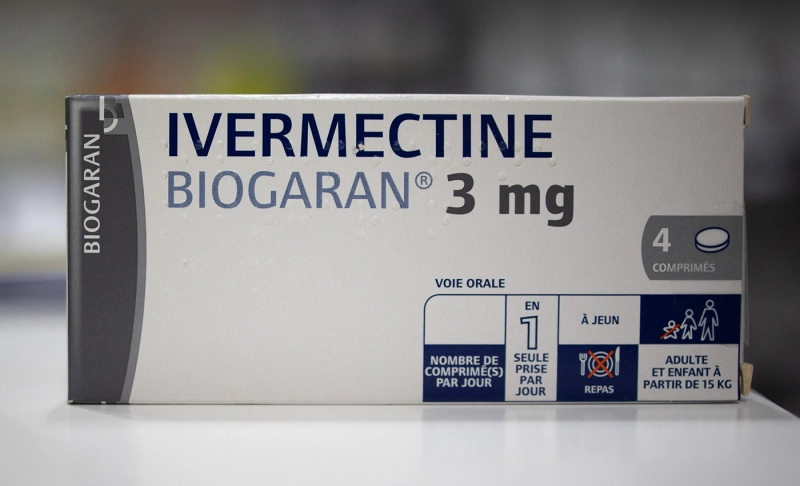By: Varun Kumar
February 8 2022

High doses of ivermectin can cause seizures, hypotension, nausea, vomiting, and diarrhea. It does not help fight against COVID-19.
High doses of ivermectin can cause seizures, hypotension, nausea, vomiting, and diarrhea. It does not help fight against COVID-19. Since the COVID-19 pandemic began, several individuals and groups online have suggested therapies, medications, and other remedies to help fight the virus. One such claim is that a drug named ivermectin could help prevent COVID-19. In September 2021, the Centers for Disease Control and Prevention (CDC) noted that there was an increase in the number of people taking ivermectin at home and required urgent medical attention as a result. It is said that the clinical effects of ivermectin overdose include gastrointestinal symptoms such as nausea, vomiting, and diarrhea. Overdoses of ivermectin also result in hypotension and neurologic effects such as decreased consciousness, confusion, hallucinations, seizures, coma, and death. CDC has recommended not using ivermectin to prevent or treat COVID-19. A study published by the New England Journal of Medicine showed that an overdose of ivermectin could cause severe episodes of confusion, ataxia, seizures, hypotension, and the increasing frequency of inappropriate use. The U.S. Food and Drug Association (FDA) has not authorized ivermectin to prevent or treat COVID-19. Ivermectin can be extremely dangerous in high doses, and accidental overdoses of the drug have resulted in hospitalizations and fatalities. World Health Organization (WHO) advised ivermectin usage only as a clinical trial for people who were diagnosed with COVID-19. Merck, one of the pharmaceutical companies that manufacture ivermectin, clarified in February 2021 that the available data by the company scientists do not suggest the usage of the drug to fight COVID-19. All reputed health authorities and organizations, including WHO, CDC, and FDA, note that the drug's clinical trials are in progress. Hence, using ivermectin for the prevention or treatment of COVID-19 is not advisable. The COVID-19 pandemic has given rise to a lot of potentially dangerous misinformation. For reliable advice on COVID-19, including symptoms, prevention, and available treatment, please refer to the World Health Organization or your national healthcare authority.